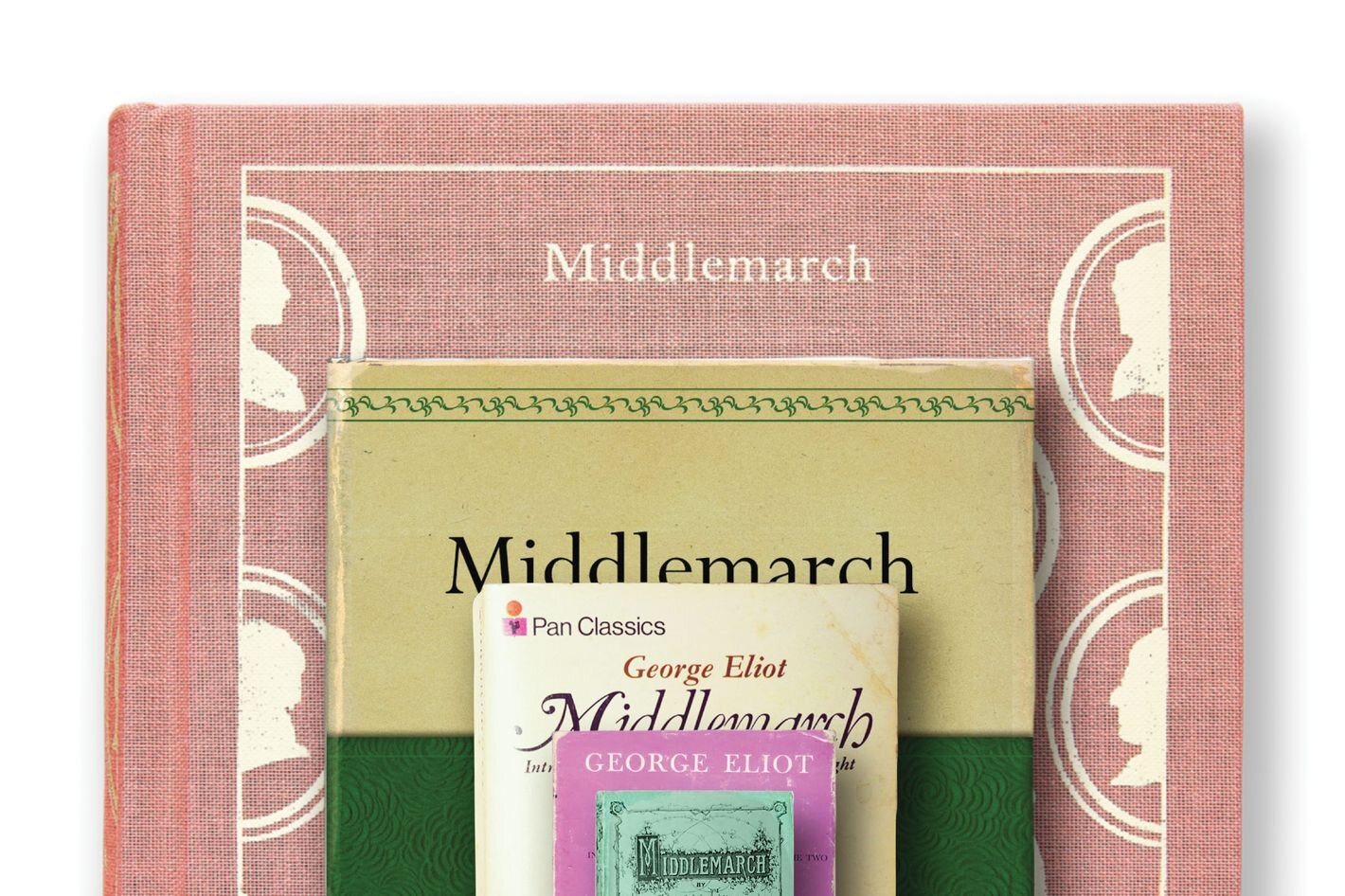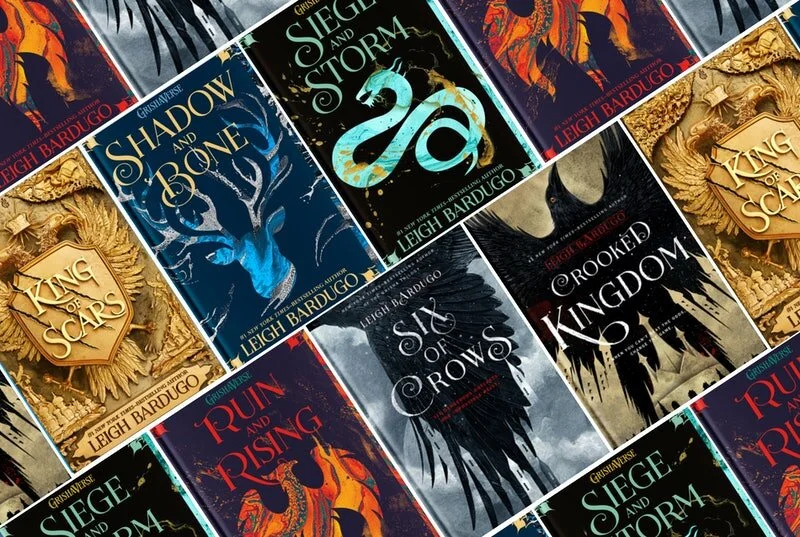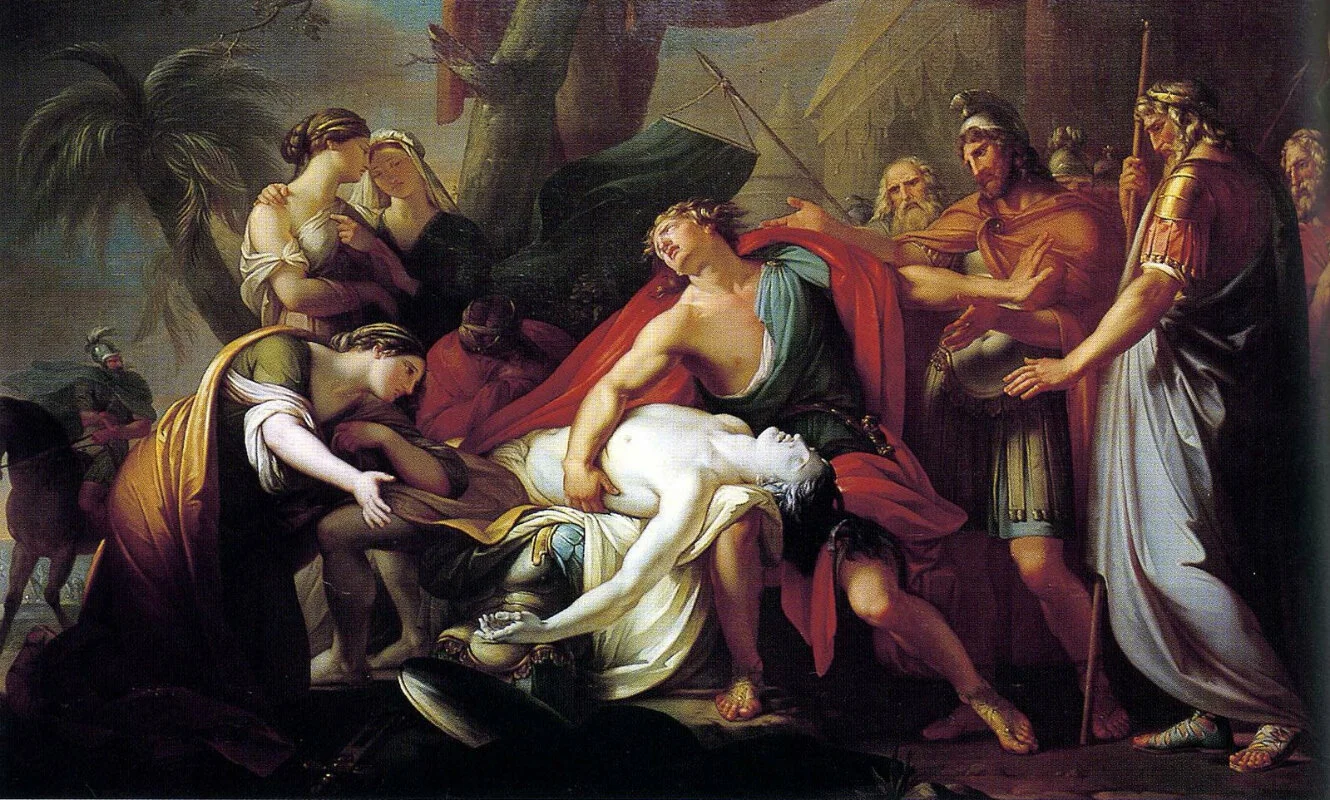Heroines in George Eliot’s "Middlemarch"
As a bildungsroman written 150 years ago, Middlemarch is a serial novel that depicts young characters’ transformations. By documenting these young characters’ progress of accommodating to or resisting changes, readers witness the growth and metamorphosis of these characters. As a twenty-year-old, I find the bildungs of the heroine particularly inspiring and relatable. The similarities between the female characters and myself strike me so here is an article about the lessons we can learn from the heroines in the canon. (spoiler alert!)
1. There are no regrets; just lessons learned.
Through a close analysis of Dorothea Brooke’s character development, we can see that our heroine has undergone a major transformation in terms of her mindset. At the beginning of the book, Dorothea rushes into the marriage with Mr. Casaubon because she thought this man could be her intellectual mentor and life coach. Our heroine is a benevolent individual who is hungry for knowledge. As a woman of her age, marriage is her only option to secure a blissful life. Thus, she thought that by marrying a much-older scholar, she can learn from her husband and offer help to the people surrounding her. Little did she know Mr. Casaubon is simply a weak and sad creature who has no intention in teaching or passing down any knowledge. Rather, he is often jealous and mean to Dorothea. Her miserable marriage allows many readers to feel for her and thus hold grudges against Mr. Casaubon. Yet, her marriage is the transformation point which allows her to reflect on what she truly wants in life. Despite being treated badly by Mr. Casaubon, our heroine is able to empathize with her husband when she gets a better sense of his illness and how miserable his scholarly life is. Thus, it enables her to be more gentle and compassionate towards such a wicked man. It is not after Mr. Casaubon’s death, which signifies the end of their marriage, Dorothea realizes she is actually in love with Will Ladislaw and thus is willing to chase after her one true love. The shift from viewing marriage as a tool to get what she wants to failing to get it to knowing what truly being in love feels like, our heroine has definitely walked a long journey to figure out what she wants in love. Though many readers (like myself) might feel bad for her “bad luck” in life, her miserable marriage with Mr. Casaubon has definitely shaped her into knowing and getting what she truly wants in life.
2. Don’t settle for less.
I remember saying that I adore Mary Garth in a literature class and my professor replied with, “yeah, she does have a rather modern take on relationship and marriage,” Indeed, in the times when “true love” is not valued, Mary not only looks for mutual affectionate in a relationship, but also the ability to inspire each other to be a better person. She loves Fred but she refuses to marry him unless he matures and lands a stable job. Coming from a more privileged family, Fred Vincy was initially a lazy, irresponsible and self-centred man who was reckless with money. He got into debt through gambling and thus caused great troubles to the Garth family. Feeling ashamed and guilty of his behavior, Fred gradually matures and learns to take up his responsibilities. His transformation from a coward to a responsible young man has gained him Mary’s approval. The story ends with the two forming a happy family of three children. If Mary were to marry her childhood sweetheart who remained sluggish and irresponsible, she could have ended up having a miserable marriage. Therefore, we can conclude that good things take time to happen and we should not settle for less.
Crowned as one of the best British novels of all time, Middlemarch is an everlasting classic that many readers appreciate and adore. The metamorphoses of characters in the serial novel is both striking and inspiring to read. As a young female reader, I am grateful to share the above lessons with you. What do you think of the canon? Are there any episodes that are relatable to your own experiences? What have you learned from the heroines? Let us know in the comment session below!










